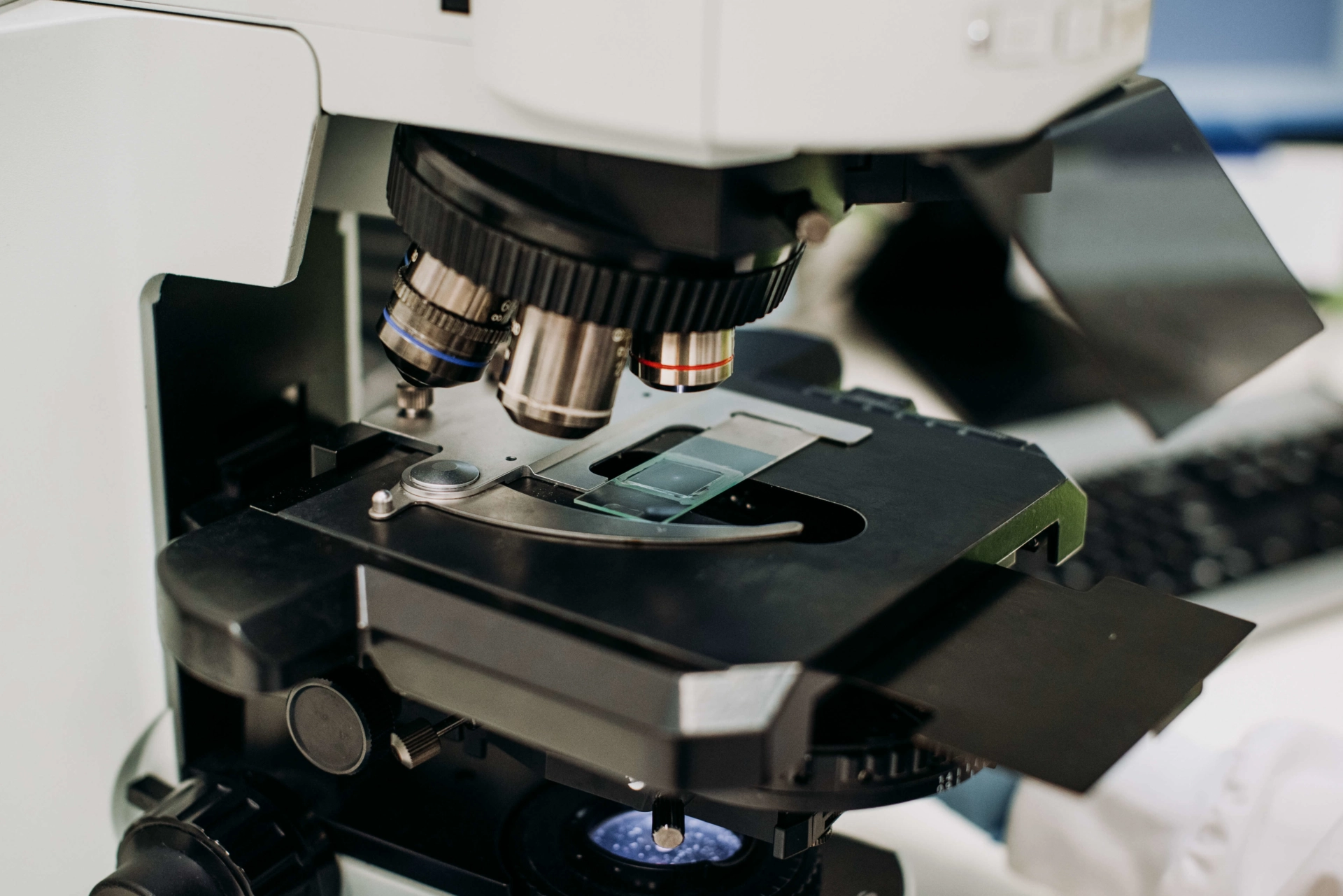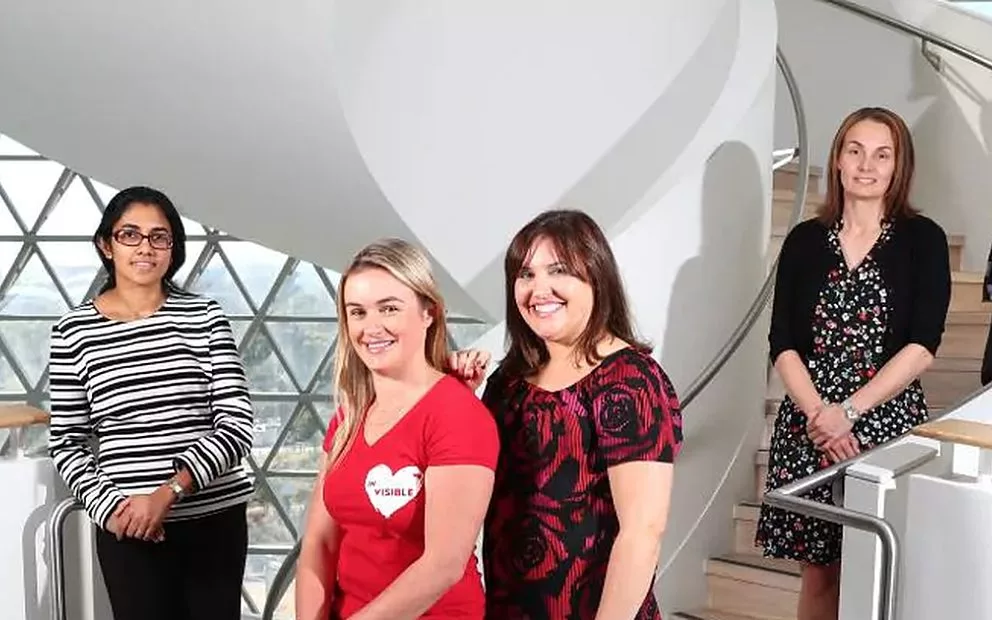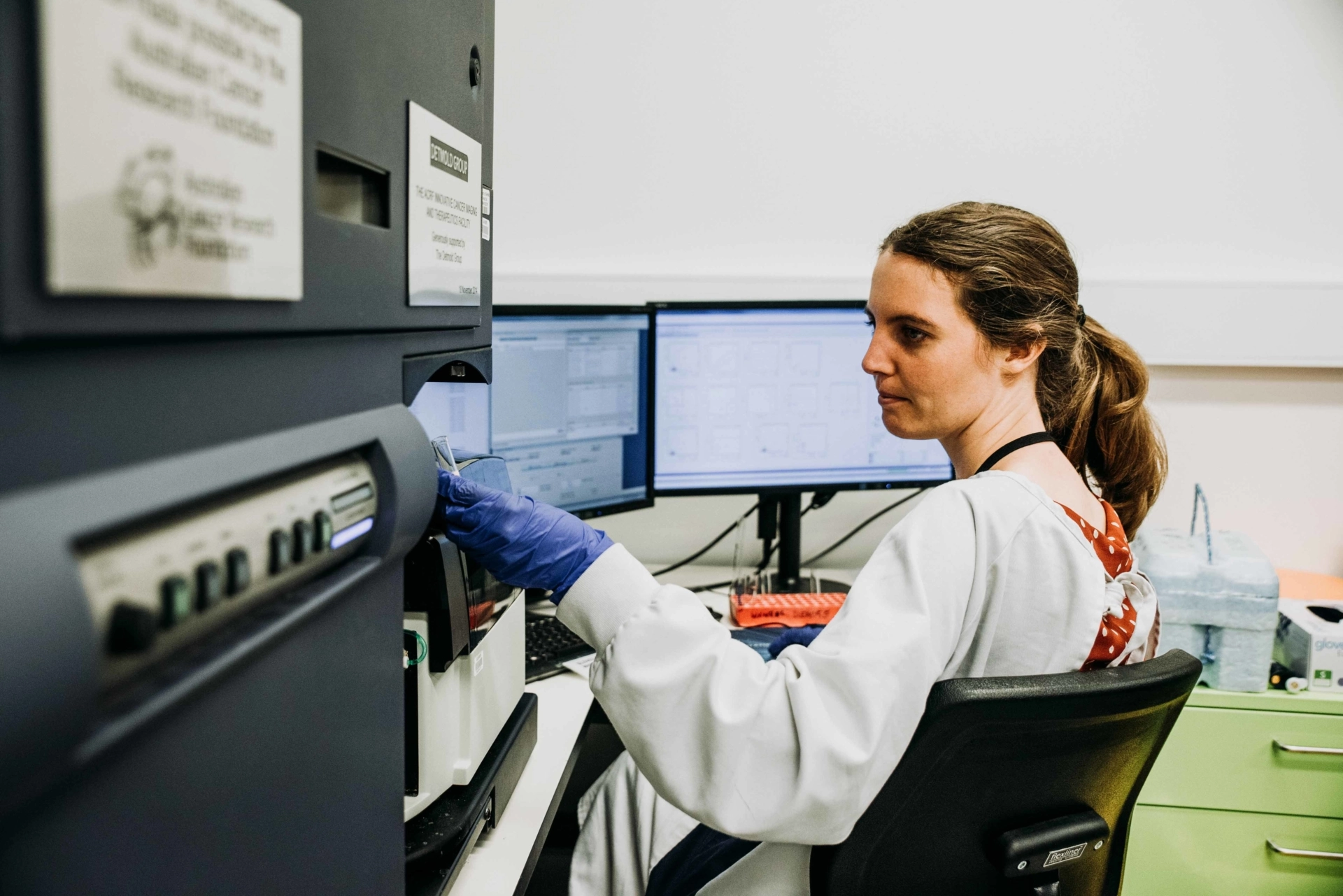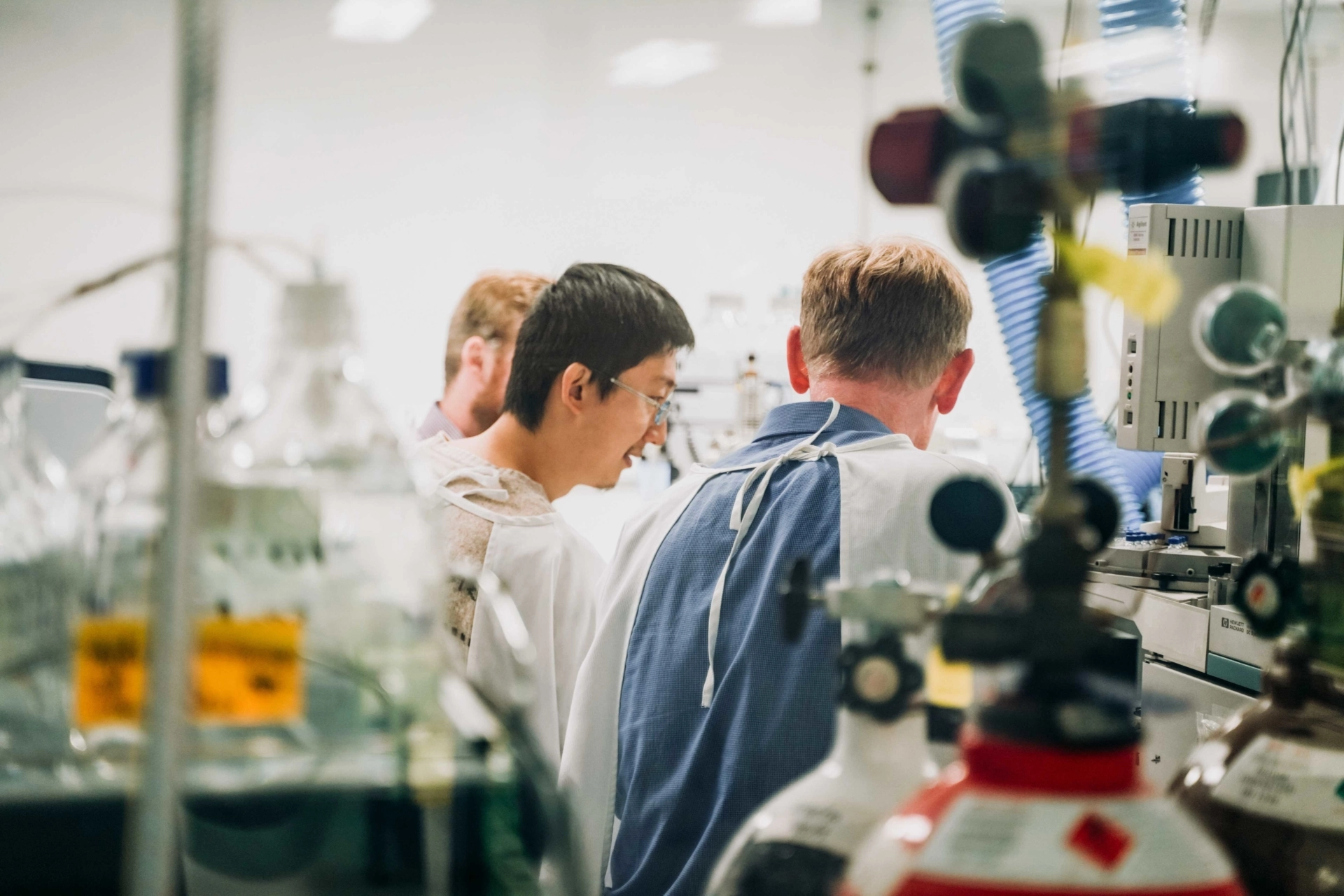Courtesy of the Australian Cardiovascular Alliance
Despite the high number of Australians dying every year from cardiovascular disease, over 90% of scientists working in the cardiovascular field have considered leaving research. And this, argues a new paper from Australian experts, is due to a lack of funding and support programs that embrace discovery science, leading to job insecurity and unsupported research.
Associate Professor Christina Bursill is the lead author of the recent paper in Heart, Lung and Circulation and co-lead of the Vascular Research Centre at SAHMRI.
She says there are significant investments being made in research in Australia but it’s imperative to get the funding pathway right, stressing that a more diverse and sustainable funding framework is needed. Rather than the trend of pushing money towards so-called ‘translational’ research, she and her co-authors argue that ‘discovery’ science – the nuts and bolts of how diseases occur – must be included in a whole of pipeline approach to funding.
“Clinical translation is only as good as the fundamental understanding on which it is built,” says Associate Professor Bursill. “Developing the next generation of game-changing therapies and diagnostics will require sustained support for discovery science, which underpins the translational pathway from bench to bedside”.
The paper shows six examples of Australian cardiovascular discovery scientists revolutionising heart care by studying the fundamentals of disease, and how a lack of support threatens the potential for big discoveries in the future.
“Spectacular developments in the last 60 years have led to a decline in cardiovascular disease-related mortality, but it’s still the leading cause of death in Australia and worldwide, costing the Australian economy AUD 11.8 billion per annum. Alarmingly we’ve reached a plateau. Making inroads to reduce the still heavy burden of cardiovascular disease for patients and families will require cross-disciplinary collaborations with basic research at its core,” says Associate Professor Bursill.
Professor Jamie Vandenberg, senior author of the article says, “You need to put in time and investment to get translatable and transformative impact that will ultimately save lives. For example, the story of statins started over 300 years ago and seemingly disparate discoveries led to the treatment that we use today for reducing high cholesterol levels, a key risk factor in cardiovascular disease. Similarly, molecules from the venom of the Fraser Island funnel-web spider are being developed and utilised to stop heart and brain cells dying in stroke and heart attack victims. No one would logically link funnel web spiders and preserving heart tissue but the connection was made possible by the repeated efforts of discovery scientists whose work fed and informed clinical research at every step.”
Read the complete article
Don’t turn off the tap! The importance of discovery science to the Australian cardiovascular sector and improving clinical outcomes into the future.
Enquiries
Kerry Doyle
ACvA Executive Director
kerry.doyle@ozheart.org
M: 0417 456 979
About the Authors
Associate Professor Christina Bursill is a cardiovascular researcher, Treasurer of the ACvA and Co-director of the Vascular Research Centre in January 2017 at the South Australian Health and Medical Research Institute and at The University of Adelaide, Department of Health and Medical Science.
Professor Gemma Figtree is an interventional cardiologist, the President of the ACvA and Professor in Medicine at the University of Sydney. She co-leads the Cardiovascular Theme for Sydney Health Partners, a NHMRC Advanced Health Research and Translation Centre and is the Chair of the University of Sydney’s multi-disciplinary Cardiovascular Initiative.
Professor Jamie Vandenberg is a cardiovascular researcher, company secretary and deputy President of the ACvA, co-deputy director of the Victor Chang Cardiac Research Institute and Professor at the University of New South Wales.
About the Australian Cardiovascular Alliance (ACvA)
The ACvA is a not-for-profit member-based organisation representing the interests of a diverse membership which spans individual researchers, research institutes, peak bodies (advocacy groups/consumer groups), and industry members.
They work to bring the cardiovascular research sector together in a whole of pipeline approach, to collaboratively develop solutions to the most pressing areas of need to make a measurable difference to cardiovascular patient outcomes.





